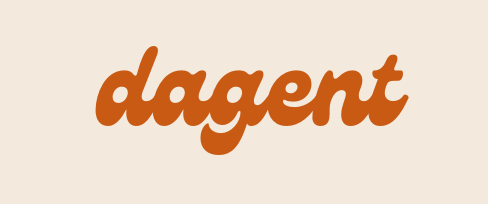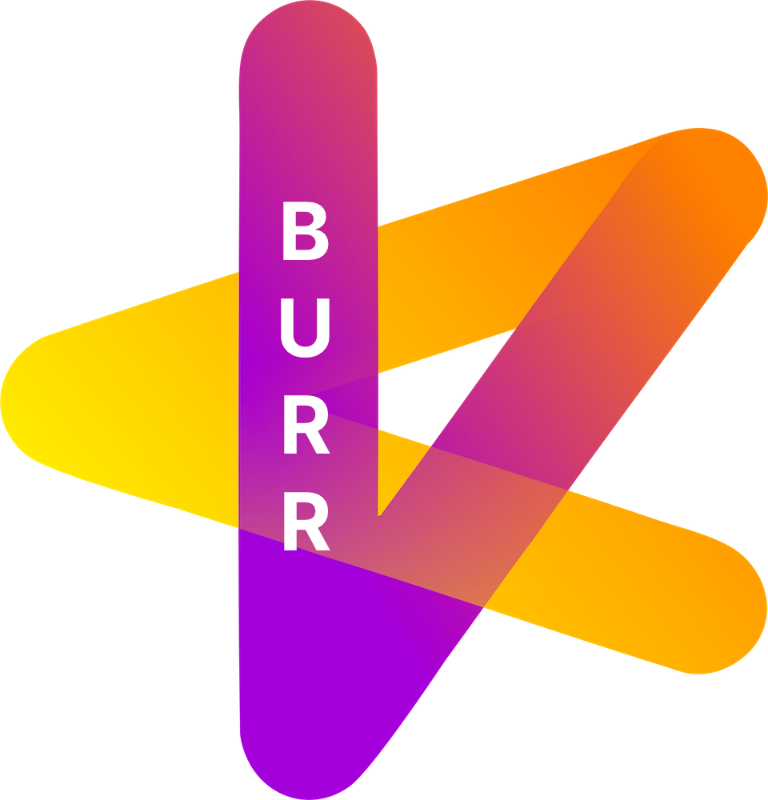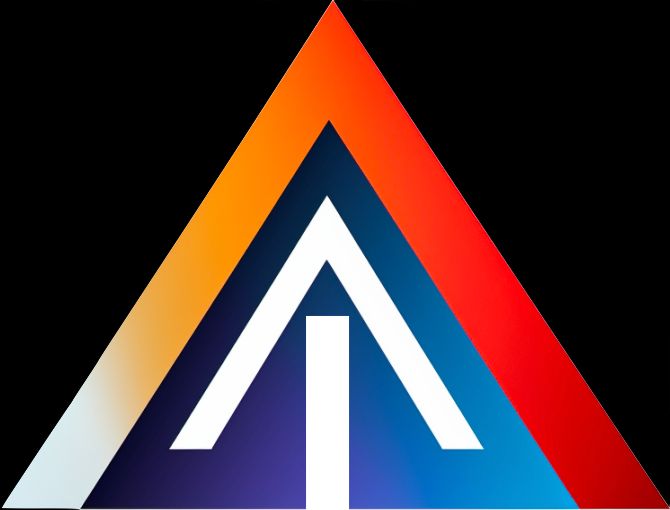
Vectara-agentic
Vectara-agentic is a framework for RAG apps, enabling AI assistants with retrieval-augmented generation.
Browse our elite collection of AI agents and build your digital workforce in minutes, not months.

Vectara-agentic is a framework for RAG apps, enabling AI assistants with retrieval-augmented generation.

Open-source framework for building AI agents with DAGs to manage modular, scalable workflows.

Framework for building AI agent teams to collaborate on complex, multi-step tasks with modular design and task delegation.

Open-source Python framework for AI workflows with LLMs and structured task-based processes.

Multi-agent framework automating software development workflows with efficient task orchestration.
An open-source framework where AI agents use LLMs to automate software development, simulating a virtual company.

Open-source Python framework for developing and testing multi-agent systems with LLMs in language game environments.

Open-source Python framework for building decision-making apps with observability and persistence.

Open-source Python framework for building AI agents with advanced memory and integration capabilities.

The first Web AI framework for building serverless autonomous AI agents with memory and tools.
Top open-source AI frameworks include TensorFlow, PyTorch, Keras, OpenAI Gym, Hugging Face Transformers, and Apache MXNet.
Autonomous agents are AI systems that can make decisions and perform tasks without human intervention, typically using predefined goals and learning from their environment
They perceive their environment, process information, make decisions, and act based on those decisions, continuously adapting through learning and feedback loops.
An AI framework is a software structure that provides tools, libraries, and functionalities to build and deploy AI models and systems, simplifying development and integration.
A single-agent system involves one autonomous agent performing tasks, while a multi-agent system involves multiple agents that interact, collaborate, or compete to achieve their respective goals.
Benefits include faster development, reduced complexity, standardized approaches to building agents, and better integration with existing systems and environments.
They provide tools for learning from data, modeling environments, simulating actions, and evaluating outcomes, enabling agents to make informed decisions based on these processes.
Challenges include communication and coordination between agents, managing conflicts, ensuring stability in dynamic environments, and scalability issues as the number of agents increases.
Open-source AI frameworks provide free access to advanced AI tools, encourage community collaboration, offer flexibility in customization, and reduce the cost of development.
Autonomous AI agents can automate routine tasks, enhance decision-making, improve customer service, reduce operational costs, and allow businesses to scale efficiently.